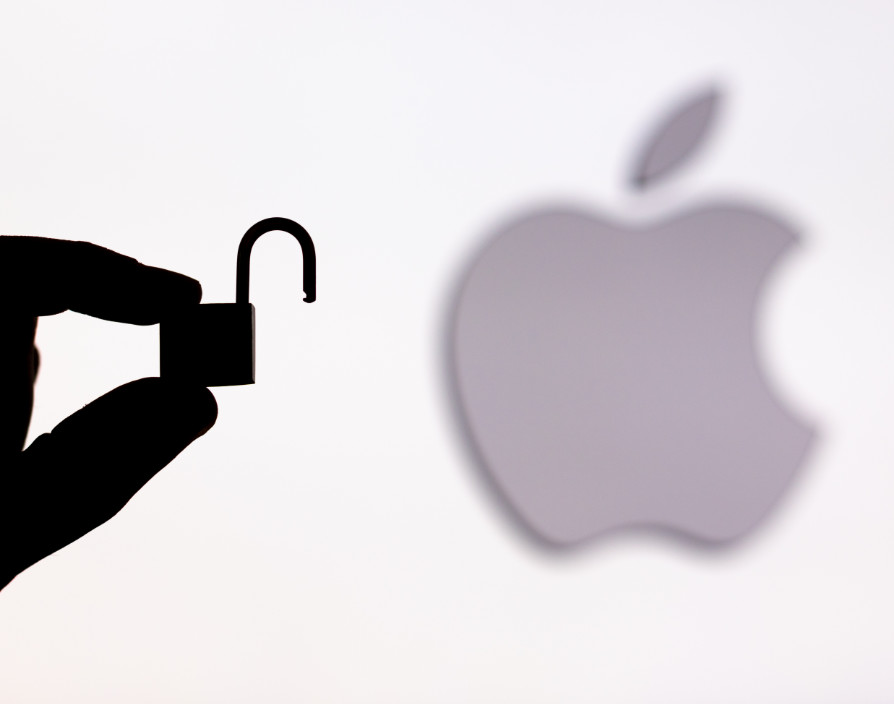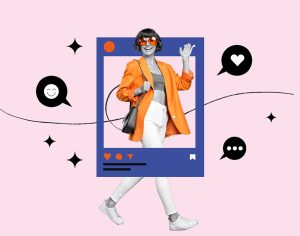At the start of this month, Apple introduced a new software update which required companies and advertisers to ask explicit permission ‘ in the form of yes-or-no messages that pop up on the screen ‘ to track people from one app to another.
The update ‘ long mooted by Tim Cook ‘ could be perceived as a direct challenge to the business model employed by many app companies, including Facebook, that rely on showing people online ads that are personalised according to the information they share online.
But before we predict the impact of this update, we must look into the past and see where the debate over privacy online and in particular on social media originated.
The impact of Cambridge Analytica
It’s difficult to underestimate the significance of the Cambridge Analytica scandal when talking about data privacy. The political data-analysis firm ‘ which worked on the 2016 Trump campaign ‘ was accused in 2018 of using and secretly keeping data on 50 million Facebook users without their permission.
That data was acquired via a third-party app, thisisyourdigitallife and nearly 300,000 people downloaded it, thereby handing the researcher and, in turn, Cambridge Analytica access to not only their data but their friends and family’s too ‘ although this was not made patently clear by the app.
The result when this came to light was a wave of media attention on data privacy incomparable in modern times. Facebook’s CEO Mark Zuckerberg testified in front of Congress and the app was fined $5 billion and £500,000 by the FTC and ICO, respectively, for exposing the data of its users to a serious risk of harm.
The long-term concerns over data privacy
However, it is the long-term impact of the scandal on consumers’ perceptions of data that is perhaps the most damaging repercussion for Facebook. Our whitepaper, Into the Mainstream: Influencer Marketing in Society, which surveyed 3,500 of consumers, marketers and influencers in the UK, US and Germany, found that 35% of influencers in the UK believe data privacy is a fundamental issue that needs to be tackled by brands and platforms.
Similarly, when asked which marketing channels were the most data secure, only 1.6% of consumers chose TikTok, the lowest scoring of the more well-known channels. Consumer confidence around data security was highest with TV advertising, followed by YouTube, print or billboard advertising, Instagram, and Pinterest.
The above statistics mean that an update by a major technology company, such as Apple, which placed control over data back into the hands of consumers was a question of when, not if. However, this hasn’t stopped Facebook protesting against Apple’s update, with the app mostly focusing on how the update will negatively impact the smaller businesses that advertise through Facebook.
Although Facebook does have a point, there is a debate to be had about the effectiveness of personalised ads. A study by the New Economics Foundation and the charity Global Action Plan found teenagers receive over 400 ads per hour on Instagram and that their information is sold to advertisers around 280 million times each day.
How influencers can support businesses impacted by the update
The sheer volume of targeted ads could limit their effectiveness, with many consumers simply turning off and focusing on the content they have chosen to see on social media. This, and the Apple update, mean many businesses will need to diversify their marketing activity to new channels, such as native advertising and influencer marketing.
Native advertising involves ad placements on relevant online outlets, and therefore marketers can target consumers based on the content they consume and not their data profile. For example, a fashion brand can place an ad on a fashion blog, knowing the readers exploring the website are already engaged with a certain type of content.
Influencer marketing has proven to be a highly influential advertising medium for brands, with our whitepaper, The realities of influencer marketing: TikTok and YouTube in focus, finding that 375 of 16-24-year-olds trust a YouTube influencer more than a high-profile figure or celebrity.
Similarly, almost a quarter (23%) of the same age group agreed they trust a TikTok influencer’s recommendation over that of a friend.
Businesses impacted by the Apple update must remember the crucial difference between personalised ads and influencer marketing: with influencer marketing, brands don’t need to use data for targeting as a consumer has chosen to view the content and is invested in the person or persons producing it. This makes it vastly more engaging and influential on a consumer’s purchasing behaviour than an ad predictively based on data.
Facebook may be raising the alarm about Apple’s new update, but in truth giving consumers control over their private data was a long-time coming. The Cambridge Analytica scandal changed the public’s perception of data privacy and now, technology brands must adapt. As a result, businesses will need to diversify their marketing channels and look for new avenues, such as influencer marketing, which are arguably more impactful and do not require a user’s personal data.
“
Share via:








































